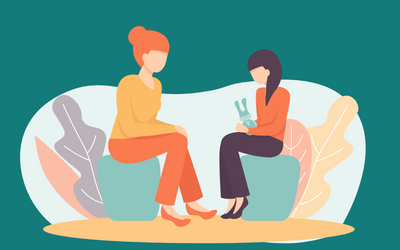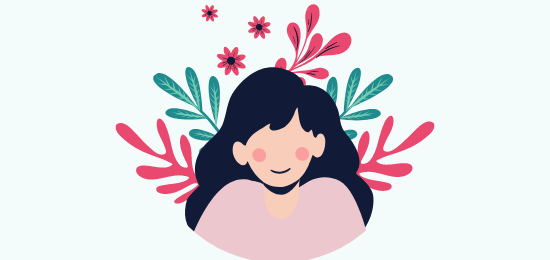How to Allay Your Coronavirus Fears to Protect Your Mental Health

The saying that goes “You fear what you do not understand” rings true for a lot of us in these times as we face the coronavirus pandemic as a people. With a lot of uncertainties and also a seemingly endless bombardment of information, it’s expected that this will leave a lot of us confused, worried and fearful. Fear, in itself, has its place. When we feel fear, it alerts our minds and bodies to be cautious, to put our guards up. This is useful because it protects us and heightens our awareness of danger. However, too much fear paralyzes us, muddles rationality and contributes to anxiety.
Here are some ways to allay your fears over the coronavirus to safeguard your mental health.
Know what you can and cannot control, and act accordingly
The virus already exists and you can’t do anything about it. It may have already infected some people in your city or you’ve confirmed that it indeed has. Even pandemics are nothing new. What we’re going through right now is definitely nothing to scoff at but it also shouldn’t induce panic. What you can do, though, is to assess your current situation and act accordingly.
Protect yourself by following the official guidelines set by sources you trust - your government and agencies such as the World Health Organization (WHO). It’s important to make rational decisions and not make hasty, fear-based ones. We have been directed to:
- Frequently wash our hands with soap and water (for 20 seconds or for as long as it takes for you to sing the Happy Birthday song twice)
- If water and soap are not available, clean your hands with alcohol-based hand rub or hand sanitizer
- Maintain social distancing by avoiding crowded places and staying home. When interacting with someone face-to-face, it’s best to keep 1-meter distance between you and that person, especially if he/she is coughing or sneezing
- Avoid touching face, hands, nose and mouth.
Other people are doing added measures to keep themselves from getting sick such as boosting their immune system with vitamins and other supplements.
It’s important to take control of what you can and to trust that what you are doing is enough. You just adjust as you go along.
Speaking of trusted sources, limit information consumption
Because we are constantly connected, it’s inevitable that we consume news, videos and articles about the coronavirus. It’s a developing story and as the world grapples with it, the media is putting it front and center in everything it does. But consuming too much information is overwhelming. How do you put a limit?
You can choose times and or frequencies when to check and allow yourself to do other things in between. That way, you’re not glued to your phones, computers or televisions. Some suggested times to check the news are once in the mid-morning and once in the early evening. Some psychologists don’t recommend not to check the news immediately upon waking up or as you’re about to go to bed. Doing so might cause you to worry to the point of not getting out of bed at all in the morning or staying up late into the night, being beside yourself in fear. Do what works for you. Remember that the amount and quality of information you consume affect your mental health so take everything in slowly and rationally, and don’t fall prey to information ominously presented in doomsday formats or apocalyptic scenarios.
Keep a semblance of normal
All of us have had to adapt to this new reality in some way. Some adjustments are bigger than others. Some have are more drastic than others. For sure, these changes have impacted our daily routines. While we may have to forego activities like working out at the gym or going shopping or traveling, let’s try to be creative with how we spend our time given the current situation. Love to jog outdoors every morning at the park? The treadmill at home would have to do. Maybe moving it from the basement to a spot by the window with a view would be an added perk. Do you enjoy grabbing coffee with friends and just hanging out? Brew your own at home and give a friend a call to catch up. Keeping some semblance of normal helps you safeguard your mental health because you won’t feel overwhelmed that so much is changing so fast.
Fearing the coronavirus is normal. If you feel fear, that’s okay. It’s healthy. What matters is you protect your mental health so you can continue to make rational decisions that are practical and positive for you and your loved ones.
If your fears continue to persist, it might be time to consider being in conversation with a mental health expert.


